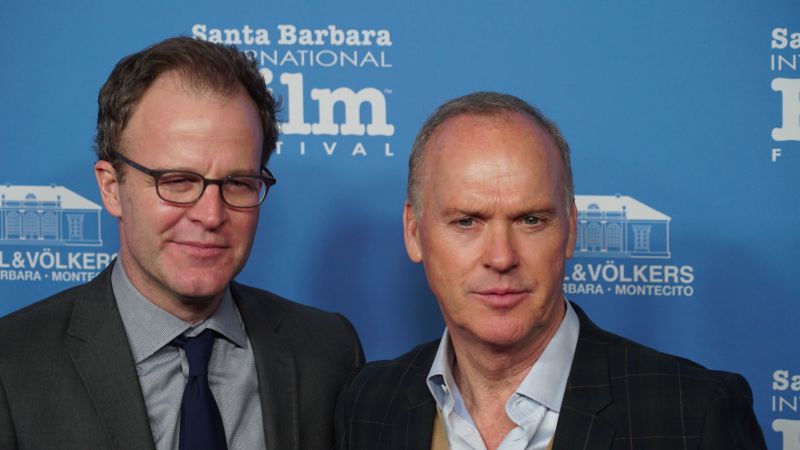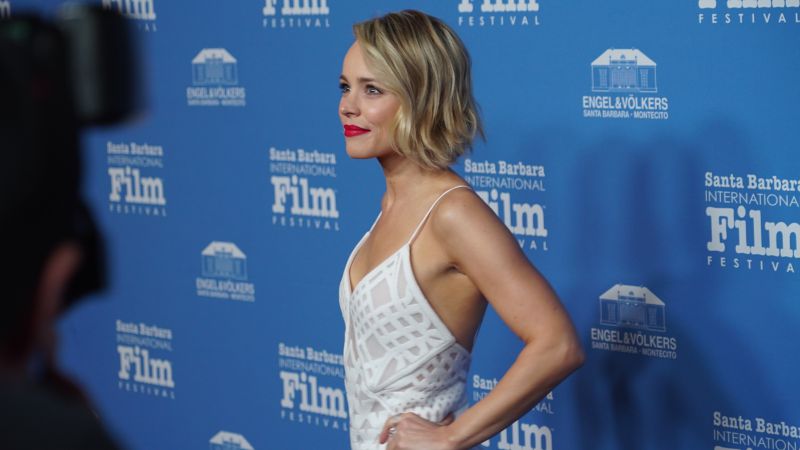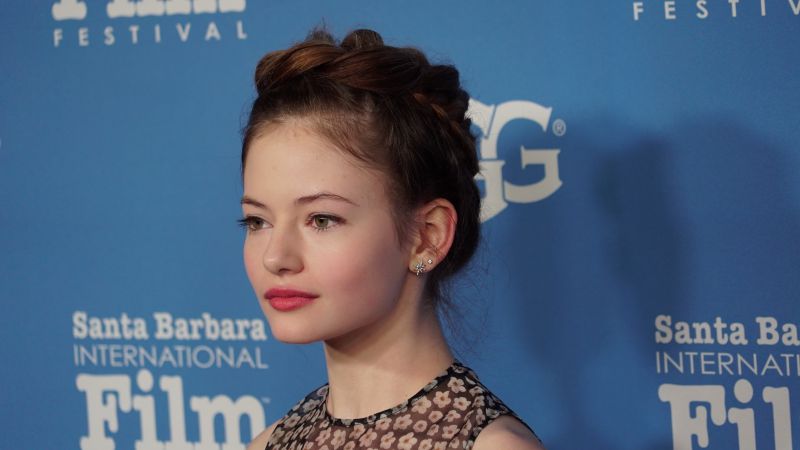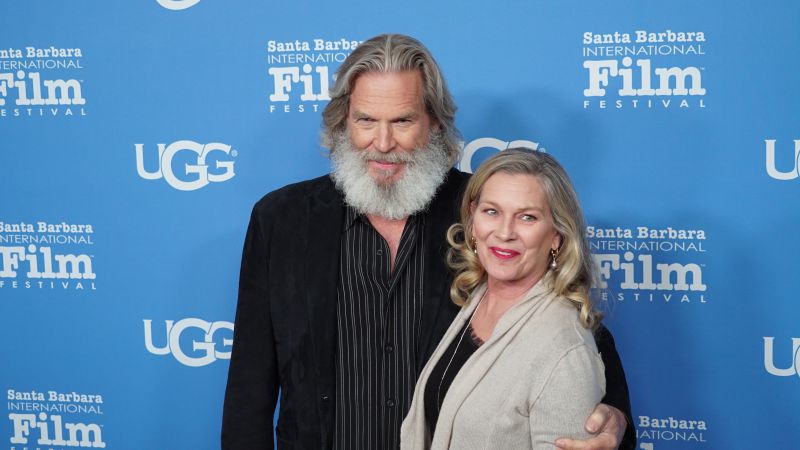|
|
||
|
Pro Tools
FILMFESTIVALS | 24/7 world wide coverageWelcome ! Enjoy the best of both worlds: Film & Festival News, exploring the best of the film festivals community. Launched in 1995, relentlessly connecting films to festivals, documenting and promoting festivals worldwide. Working on an upgrade soon. For collaboration, editorial contributions, or publicity, please send us an email here. User login |
Interview with San Francsco Int’l Animation Fest Programmer Sean UyeharaSean Uyehara, who has been with the San Francisco Film Society for 5 years, offers an academic perspective on film and animation. Lis: How did your interest in animation begin? Sean: I'm interested in movies...and one thing about animation that I think is especially interesting is the way that it implies the relationship of the production world of film to an audience. One thing I'm interested in about movies in general is not only how they create meaning, but how they create authority. There are certain ideas we think about what goes into the making of a movie that communicates itsmeaning. So when we see a Hollywood blockbuster we have an imaginary history of the production, right? Like we think about studios and important directors and big, industrial processes...With animation there's usually this idea of the hand of an artist and the trace of what was there, and this sort of subjectivity is being produced. And it occurs on all kinds of different levels. So that's mainly what I'm interested in. When I look atdifferent forms of movies I'm interested in how they bring this kind of cognitive framework and this interpretive competency that goes along with it that we develop in a shared way.
Lis: Why do you think that is so interesting to you? Sean: Haha. Because when you think about that then you start to realize that the different forms of communication that we have come with different vehicles of meaning and authority and voracity and authenticity and all these things that relate to how we understand the world and each other. So what it means for me to be sitting here and speaking to you directly has a completely different context and authority than what it means for me to make a video and send it to you. So, there are certain ways that people have access to different kinds of meaning and stuff. What I'm interested in investigating on a basic level is how we develop our shared competencies for understanding each other...And there's a lot of ideas that go into that: ideas about narrative form and structure, aesthetics, grammars and techniques, so there are a lot of different things that sort of come along with different modes of communication... Like it would be odd for me to tell you a story right now, unless I were telling u a story rhetorically, whereas it's not odd for a lot of these films to be narrative. And so we have certain expectations when we enter into this kindof relationship. I think about viewing movies as that- as the production and development of a relationship.
Lis: What goes into the process of you deciding what to show? Sean: The point of the animation festival to me -and the point to me doesn't mean it's the point for everyone, people have different ways of accessing the festival- For me what I'm trying to do is I'm trying to present an array of all of the different ways that animation is produced and articulated. So hopefully what emerges, if you come and you look at a lot of different works, is you see the different fronts where animation styles and techniques are being produced and being disseminated and then you sort of get a sense for where we are currently in terms of mode of communication.
Lis: It seemed to me while watching some of these movies that animation has the power to capture emotion and feeling. Do you have any thoughts on that? Sean: Well I think that it's not unique in being able to capture emotion or feeling...but one thing that is often residual in animation is the idea that what's being communicated to you is the idea of an artist- a specific artist: because what one tends to see in animation is sort of the direct subjective intervention of somebody. That's not really the case always- it often can be but it's just one of those things where I think that the way that emotion is communicated through animation appears to be very direct and subjective to a person. So its apt- not because of the form persay, there might be certain things about the form that allow it to do that...but what it is is what we think were seeing and what we expect to be understanding and comprehending is imbued or tinged with this idea of the process of drawing or the process of doing this frame by frame manipulation which is an artisan, artisanal process- there's a craft that you feel like is on display.
Lis: And it's not the same with live action? Sean: I don't think so. We understand live action to be more of an objective process in general- not that it's correct, that socially in general we agree that a camera records things independently of the desire of the maker. You can set up a camera in a place but the camera is going to capture something independently of the hand of theartist. That's different than the idea of drawing something, or working on something in a frame-by-frame mode. When you understand it to be produced differently you think it comes with different meanings.
Lis: Any thoughts on the current state of animation? Sean: One thing that animation has gone through is this sort of intense relationship to computers. One thing that's been happening for a few years now is that that relationship is falling back. It's not becoming as important. So one of the things that's happening with animation is that there was this idea that computers and software were becoming almost like what cameras are to live action - that there's this objective idea of the computer producing something independently of the artist. But I think that that's being sort of captured and taken back and people are doing more 2D animation or they're using computers in ways that allow them to express themselves more directly. 23.11.2010 | Elisabeth's blog Cat. : animation animation Artist Haha Mass media Person Career Programmer San Francisco San Francisco Film Society san francisco international animation film festival sean uyehara Sean Uyehara SFFS Social history Technology Technology Television Working: People Talk About What They Do All Day and How They Feel About What They Do Yo Gabba Gabba! Interviews
|
LinksThe Bulletin Board > The Bulletin Board Blog Following News Interview with IFTA Chairman (AFM)
Interview with Cannes Marche du Film Director
Filmfestivals.com dailies live coverage from > Live from India
Useful links for the indies: > Big files transfer
+ SUBSCRIBE to the weekly Newsletter Deals+ Special offers and discounts from filmfestivals.com Selected fun offers
> Bonus Casino
User imagesAbout Elisabeth Bartlett Elisabeth Bartlett Elisabeth Blogging about the festival scene from Los Angeles View my profile Send me a message The EditorUser contributions |




























